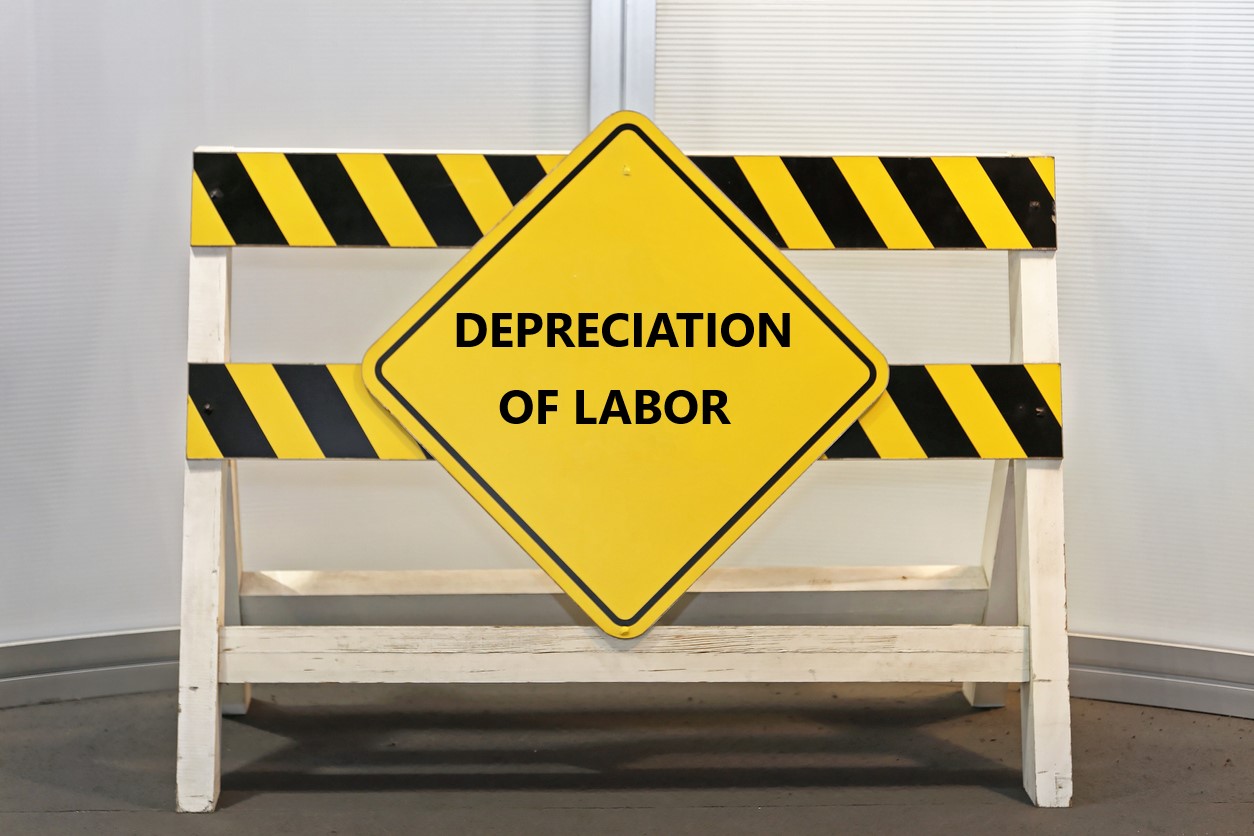Some of you that have been through a long insurance property insurance claim may have experienced foul play by some of your insurance carrier’s representatives. Whether or not foul play rises to the level of bad faith is a complicated question that involves a careful review of the claim process. Today I’ll present two cases where a court found there was no bad faith.
In Spicewood Summit Office Condominiums Assoc., Inc. v. America First Lloyd’s Insurance Company, 287 S.W.3d 461 (Tex.App.—Austin 2009, pet. denied), a policyholder obtained his own cost estimate for damage his roof suffered as a result of hail. The insurer hired its own roof consultant to inspect the property. Based on that inspection, the insurer issued payments to the insured for a fraction of the insured’s estimate. After that first payment, the insurer reinspected the property twice and issued supplemental payments after each reinspection. The additional payments fell short of the insured’s estimate, and the insured filed suit for breach of contract and bad faith.
The Third Court of Appeals affirmed the lower court’s ruling and found no bad faith, stating that the insured presented no evidence of the insurer’s unreasonableness. The Court ruled the mere fact that the insurer performed multiple inspections and each resulted in additional payments was not evidence of bad faith.
Allstate Texas Lloyds v. Mason, 123 S.W.3d 690 (Tex.App.—Fort Worth 2003, no pet.), was a case involving foundation damage caused by a plumbing leak. In Mason, the insured presented evidence that the insurer’s expert earned a significant portion of his income from insurers, and that he wanted to obtain more business from Allstate. The Court held that evidence was insufficient to support a finding that the insurer committed bad faith. The Court also held the facts demonstrated a bona fide dispute about the insurer’s liability on the contract, so it did not rise to the level of bad faith.
As you can tell from the cases above, it can be difficult to convince a court that an insurer committed bad faith. From Spicewood and Mason, we know courts will probably require more to find bad faith than evidence that an insurer conducted a claim piecemeal or that the insurer’s expert has a potential bias because he earns a significant portion of his income from insurers and is trying to get more business.



